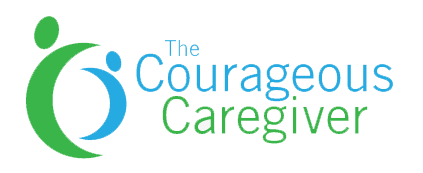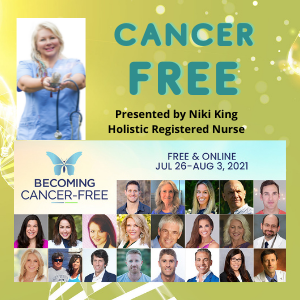For the majority of us, the guilt we feel is unjustified. We have to remember that even though we feel guilty, it does not mean that we are. We are faced with decisions that we do not like or want to make but we have to do something that is in the best interest of all involved. In addition to guilt, there are myriad other emotions we live with at this time: angst, worry, sadness, anger, frustration, and resentment, to name a few. We cry a lot and become short tempered. We experience all these feelings even before our loved one has died. What are we to do? Below are some suggestions you might find helpful:
- Acknowledge that you feel guilty and accept that feeling guilt is a normal part of the dying process for caregivers.
- Recognize that you are only human and not some superhero who can do it all.
- Be careful what you promise your loved one.
- Be nicer to yourself. Meet some of your own needs for a change. Take the time to nourish and replenish yourself.
- Write down your thoughts and feelings.
- Talk to friends, family, or other caregivers.
- Talk to your loved one as if they are sitting across from you in a room. Tell them about your struggle with guilt and imagine what they would say. Most of our parents or spouses would not want us to be in so much pain and distress.
- If problems continue, seek out a mental health professional. Carrying guilt around can have negative consequences for your physical and emotional health.
- Consider this: Often, it is easier to blame ourselves rather than be angry with others or the situation. It somehow makes us feel more in control. Maybe there is anger underlying your guilt. Forgive yourself. You are doing the best you can.
We’ve already established that nurses work hard; whether at work or at home, nurses tend to be givers, people who naturally think about and serve others on a daily basis.
Many nurses anecdotally report coming from homes where they were young caregivers. Children of alcoholics can learn to put the needs of others over their own at a very early age, and we’ve all likely known nurses who seem totally willing to selflessly serve others but appear almost completely unable to care for themselves in any significant or meaningful way. That was me for many years as well. Yes, we all have to serve somebody, as Bob Dylan once sang; however, paying attention to our own needs and well-being should also remain paramount, even as we focus on being awesome and caring nurses out in the larger world. As nurses, or anyone who works with others in a caregiver role, WE are in the best position to understand all of the nuances involved. One solution to YOU setting up for YOUR family’s financial future as well as having a home to live in and also a home or many homes for taking care of others is crucial! Let’s talk about HOW I can help you invest in your first home, a second home or many homes so start a business in caring for others while also setting up your financial freedom.
FOR A CONSULTATION, CLICK HERE


